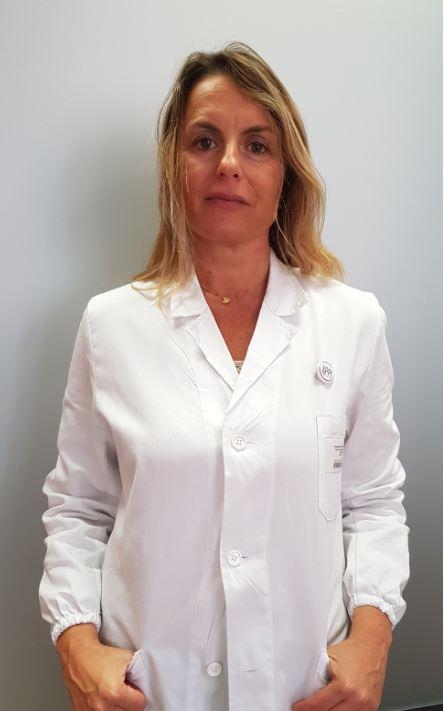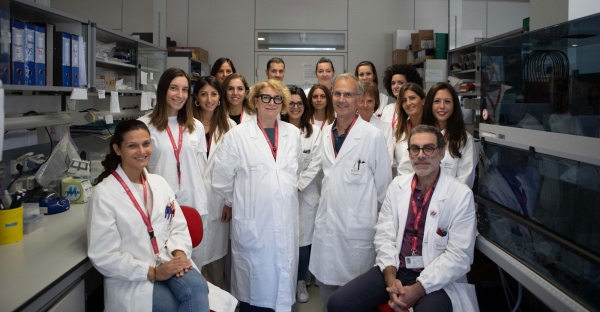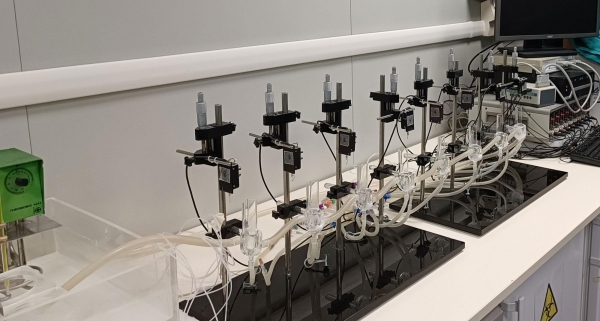Integrated approach to personalized cancer diagnosis and therapy /
Endocrinology
Head
Unit
Research program on pituitary, adrenal and thyroid tumorigenesis and mechanisms of drug resistance
The lines of research the laboratory is involved in are focused on:
- pituitary tumors;
- adrenal tumors;
- medullary thyroid carcinoma.
In particular, our laboratory is concerned with investigating the molecular mechanisms underlying cancer cell growth and those implicated in drug resistance, with the aim of identifying possible new therapeutic targets and new biomarkers that can predict response to currently used drug treatments
Research program on endocrinological disorders
The team participates in numerous clinical trials on pituitary tumors, Cushing's syndrome and disease, acromegaly, growth hormone deficiency (GHD) in adults in transition age and children, pituitary dwarfism, pituitary uni- and pluritropinic secretory deficits, panhypopituitarism, syndrome of inappropriate antidiuretic hormone secretion, diabetes, thyroid and adrenal pathologies, osteoporosis, rare diseases, and genetic diseases of the endocrine-metabolic system.
Innovative drug trials (Phases Ib- IV) particularly in the following diseases: diabetes mellitus type 1 and 2, endocrine ophthalmopathy, acromegaly, Cushing's syndrome, GH deficiency in children and adults, hypoparathyroidism, autosomal dominant hypocalcemia (ADH), advanced thyroid medullary K, osteoporosis, and rare bone diseases.
Observational studies on epidemiology, diagnosis, complications and treatment in different areas of endocrinology such as: acromegaly, Cushing's syndrome, non-functioning adenomas, Rathke's cysts, empty sella and other antero-pituitary disorders, GH deficiency particularly neonatal, diabetes insipidus, SIAD, male hypogonadism, precocious puberty, pubertal induction in girls, MEN, thyroid cancers with special interest in medullary one, thyroid complications of drug therapies and viral infections including COVID-19, endocrine ophthalmopathy, adrenal tumors, pheochromocytomas and paragangliomas, hypo- and hyperparathyroidisms, pseudohypoparathyroidisms, androgen insensitivity syndrome, osteoporosis, and rare bone diseases.
- Lymphocyte isolation and immunophenotyping by flow cytometry
- Luciferase bioassays to determine the stimulating or blocking activity of TSH anti-receptor autoantibodies (TRAb)
- Radiofrequency echographic multi spectrometry (REMS)
- University of Würzburg, Würzburg, Germany
- University of Birmingham, Birmingham, United Kingdom
- Reference Center for Rare Diseases of Calcium and Phosphate Metabolism, Bicêtre Paris Saclay Hospital
- University of Córdoba, Córdoba, Spain
- Molecular (Epi)Genetics Laboratory, Bioaraba National Health Institute, OSI Araba-Txagorritxu, Vitoria-Gasteiz, Spain
- University of Cardiff
- Harvard University
- Ens@t Network (European Network for the Study of Adrenal Tumours)
- ITCO - Italian Observatory of Thyroid Carcinoma Humanitas Research Hospital
- Auxologico Italiano Institute
- National Institute of Molecular Genetics (INGM), Milan, Italy
- Policlinico G. Martino and University of Messina
- Policlinico Umberto I and La Sapienza University of Rome
- AOU City of Health and Science, TO
- San Luigi Gonzaga Hospital and University of Turin
- Careggi Hospital, Florence and University of Florence
- Bambino Gesù Children's Hospital, Rome
- MBBM Foundation, AO San Gerardo, Monza
- AU Senese, Santa Maria alle Scotte Hospital, Siena
- IRCCS Rizzoli Orthopaedic Institute, Bologna
- Casa Sollievo della Sofferenza San Giovanni Rotondo Hospital
- Policlinico Universitario presidio G. Rodolico, Catania, Italy
- ENDO-ERN: European Reference Network on Rare Endocrine Conditions
- BOND-ERN: European Reference Network on Rare Bone Disorders
- ERCUSYN: The European Register on Cushing's Syndrome
- EUGOGO: EUropean Group On Graves' Orbitopathy
- ENS@: European Network for the Study of Adrenal Tumors
- University Hospital Basel, CH
- Hôpital Bicêtre Paris-Saclay, France
- Royal Marsden NHS Foundation Trust, Sutton, United Kingdom
1 full professor, 1 associate professor, 3 university researchers, 5 doctoral students, 17 endocrinologists, 1 health research nutrition biologist, 1 data manager
—
Other activities in this Research Line
Integrated approach to personalized cancer diagnosis and therapy
Anatomical Pathology
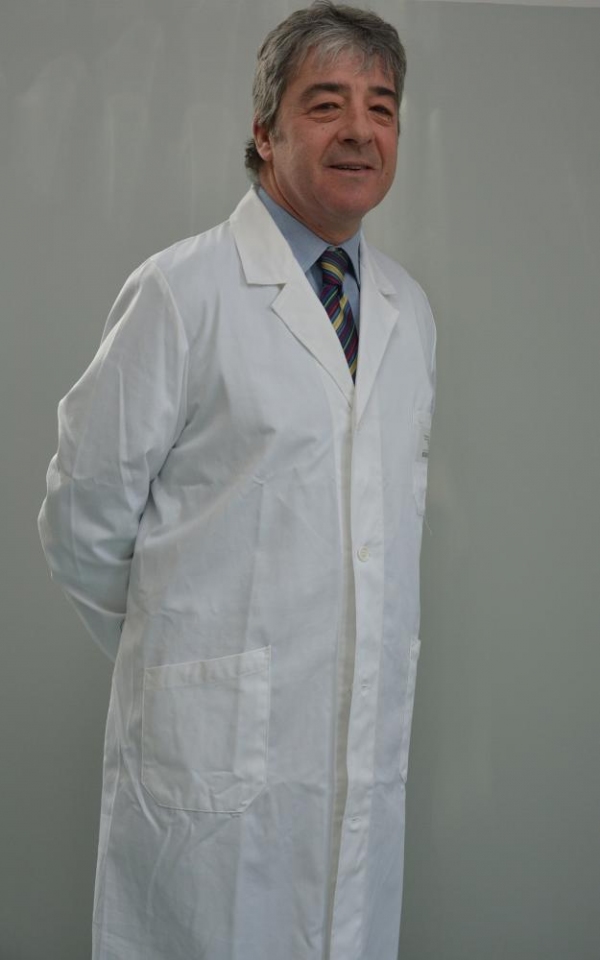
Stefano Ferrero
General and Minimally Invasive Surgery
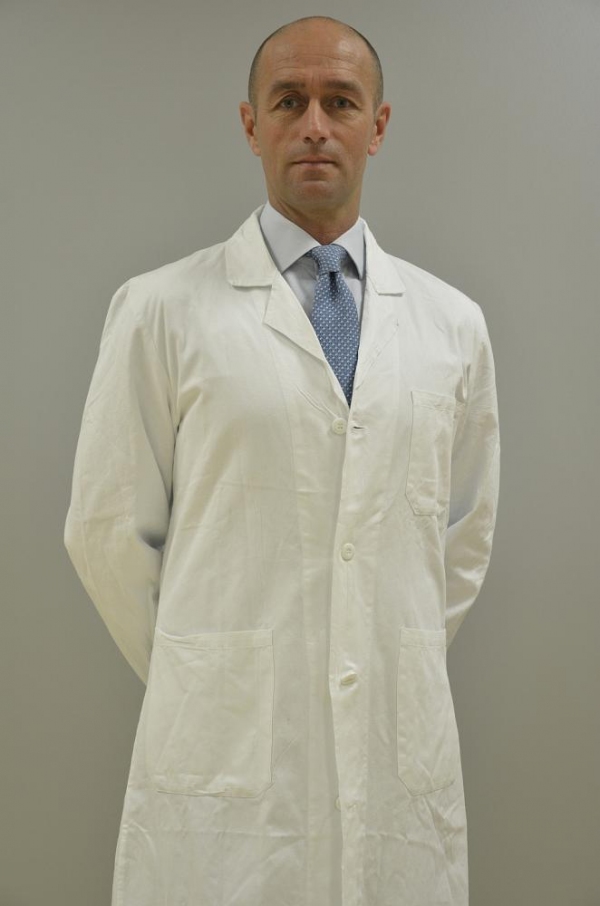
Luigi Boni
Maxillofacial Surgery and Odontostomatology
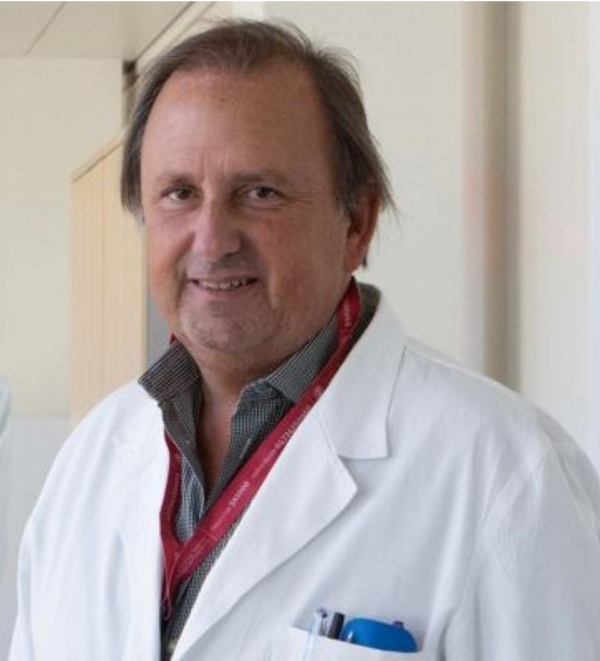
Aldo Bruno Giannì
Thoracic Surgery and Lung Transplant
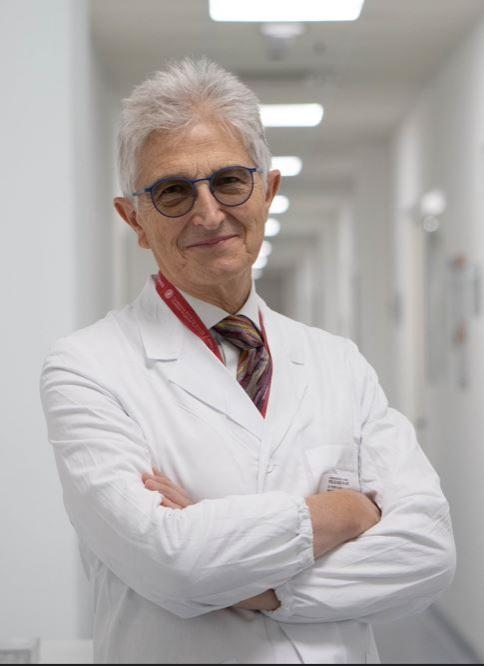
Mario Nosotti
Dermatology
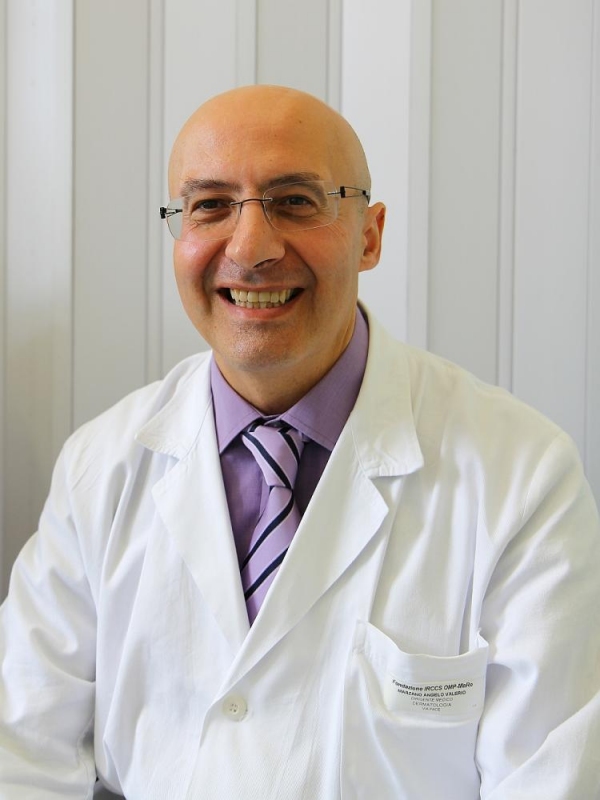
Angelo Valerio Marzano
Hematology
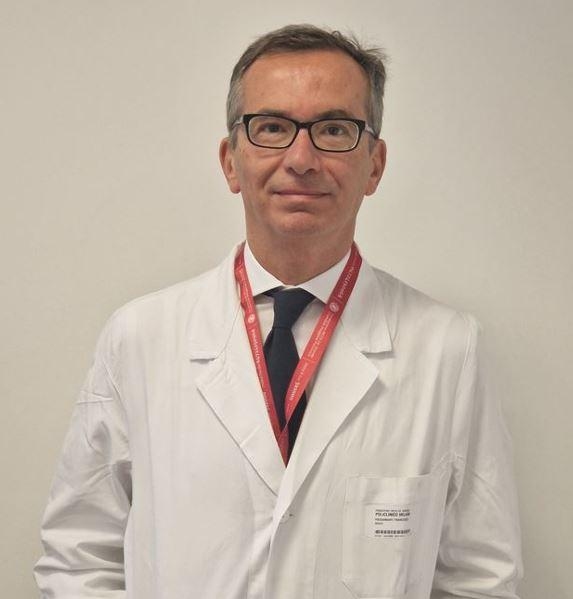
Francesco Passamonti
Gynecology
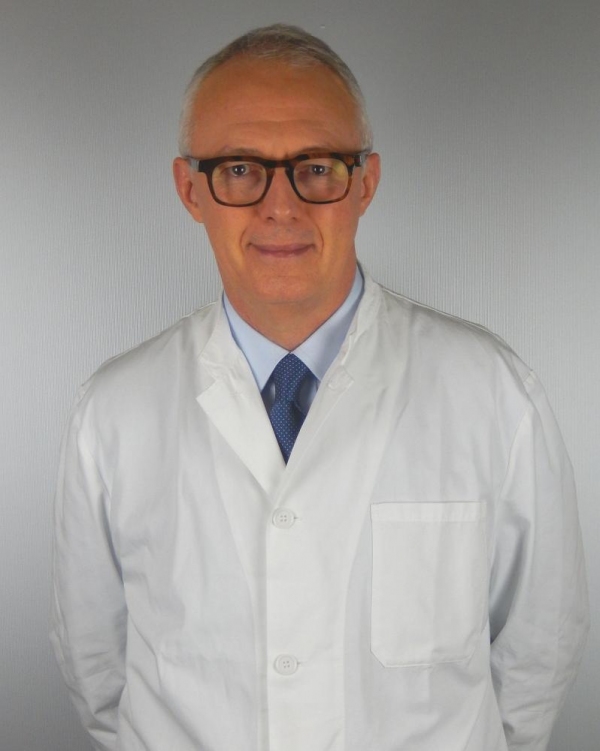
Paolo Vercellini
Occupational Medicine
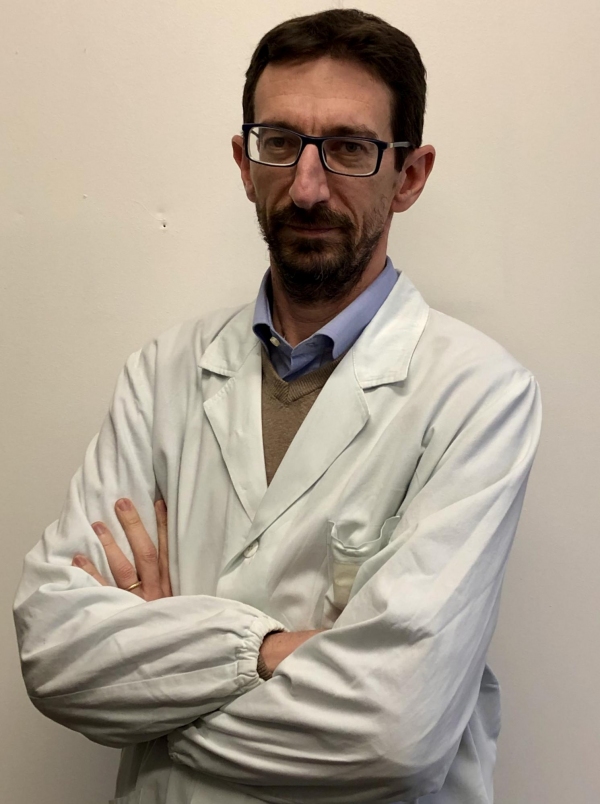
Matteo Bonzini
Medical Oncology
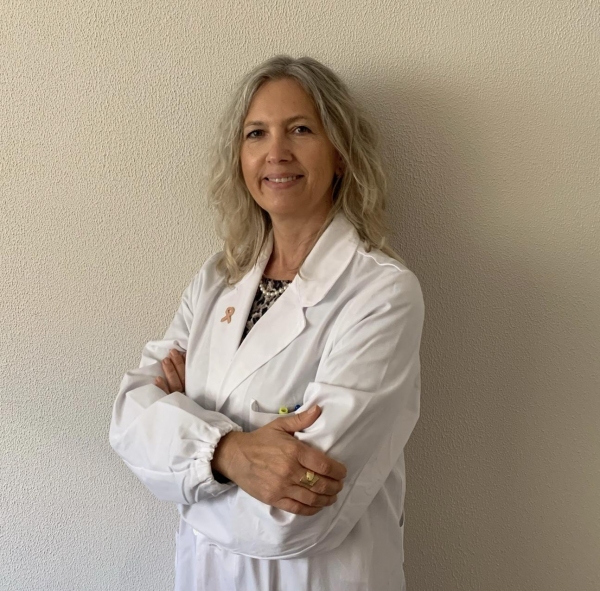
Ornella Garrone
Clinical Pathology
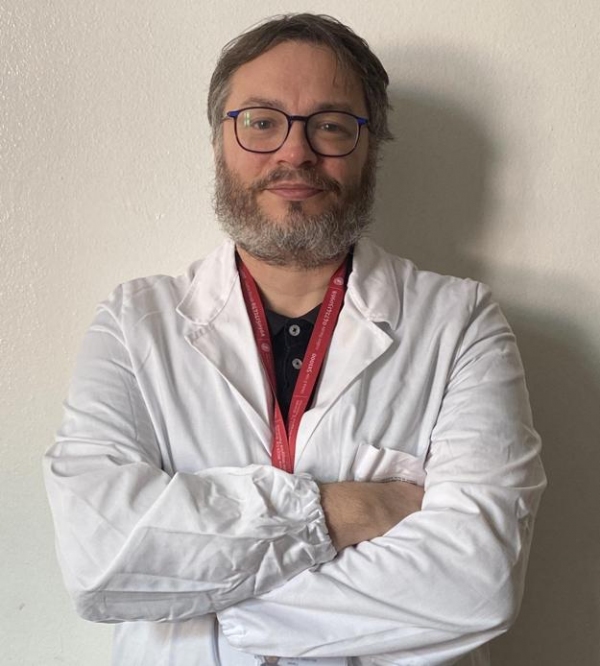
Matteo Vidali
Urology
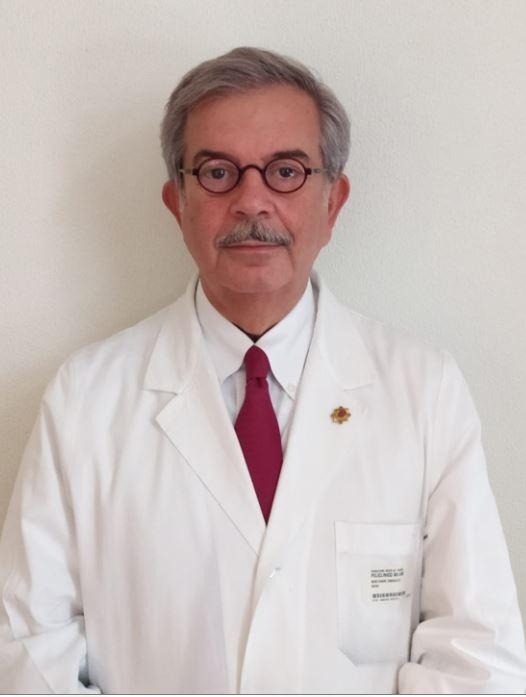
Emanuele Montanari
